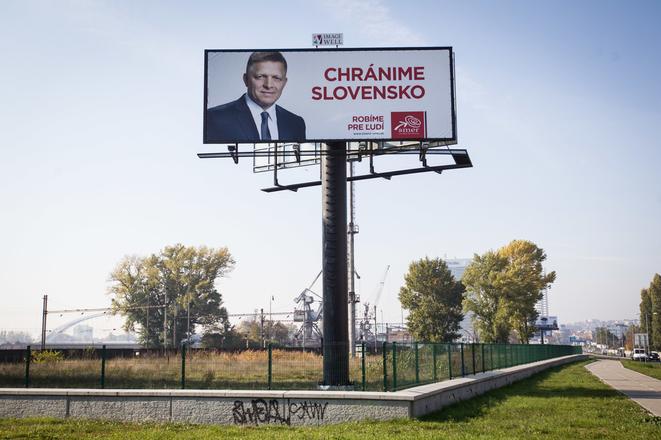That is the same ratio of new migrants to existing residents that the European Union’s redistribution plan counts on Slovakia taking, two migrants for every 10,000 people. But Prime Minister Robert Fico’s government insists that this is still too many and amid its intransigence to cooperate with Brussels has thus far failed to dispatch liaison officers in Greece and Italy to aid with the relocation process.
The liaison officers are meant to help find the best possible match between an asylum seeker and the destination country. Job and language skills, family ties and other factors are used to determine where a migrant might have the best chance of success and integrate more smoothly. After complaining that migrants could pose a security threat, or might fundamentally alter the culture of the country, the Slovak government has thus far opted not to take part in the process designed to prevent such things.
Even if they choose to ignore the humanitarian argument in favour of taking asylum seekers, the Slovak government could send a liaison officer to cherry pick the very best migrants they could – ones with education, language skills, no history of violence, families with children who would integrate naturally in Slovak schools and so forth. To do so, however, would go a long way to negating the empty arguments that have been used to reject the idea of taking migrants into the country. They would not be scary, they would not cost the government substantially over the long term and it would show that doctors, lawyers, teachers and engineers can contribute to Slovak society – even if they are Muslim.
To return to the football stadium comparison, instead of deciding rationally about which two extra people to let in, the government now prefers the equivalent of letting two into the stands at random. To be fair the government insists two more people into a full football stadium would be too much. Instead they are willing to take the equivalent of 0.5 people, but as of now those people would still be unscreened by a Slovak liaison officer.
The government’s unwillingness to play a constructive role in helping solve the migrant crisis is well documented, as is the proximity of this sudden wave of principles to next spring’s parliamentary elections – which the governing Smer party looks likely to win. This combative stance on taking migrants has proved popular and poll numbers indicate it is smart politics. But it remains bad policy.
In May of this year a study by the OECD found that migrants (not necessarily refugees exclusively) end up contributing more in taxes than they take in benefits. What will however cost Slovakia money is the dubious court case the government says it will file in December to challenge the manner in which the EU agreed on a plan to redistribute asylum seekers. That will go on for many months, it not years.
The OECD study also found that migrants, who tend to be youngish in age, are on average better educated than the people reaching retirement age in their destination country. That sounds like the kind of people Slovakia might be able to use as the population continues to age and 80 percent of domestic auto parts manufacturing firms told the consulting firm PwC that they already have a problem finding skilled labour.
Handled well, the government could find people grateful and excited to live in Slovakia, that bring skills the country needs and contribute quickly to the tax base. Slovan Bratislava might even be willing to squeeze in a few more fans at one of its next home games.



 We protect Slovakia. Smer's 2016 election campaign. (source: Sme)
We protect Slovakia. Smer's 2016 election campaign. (source: Sme)